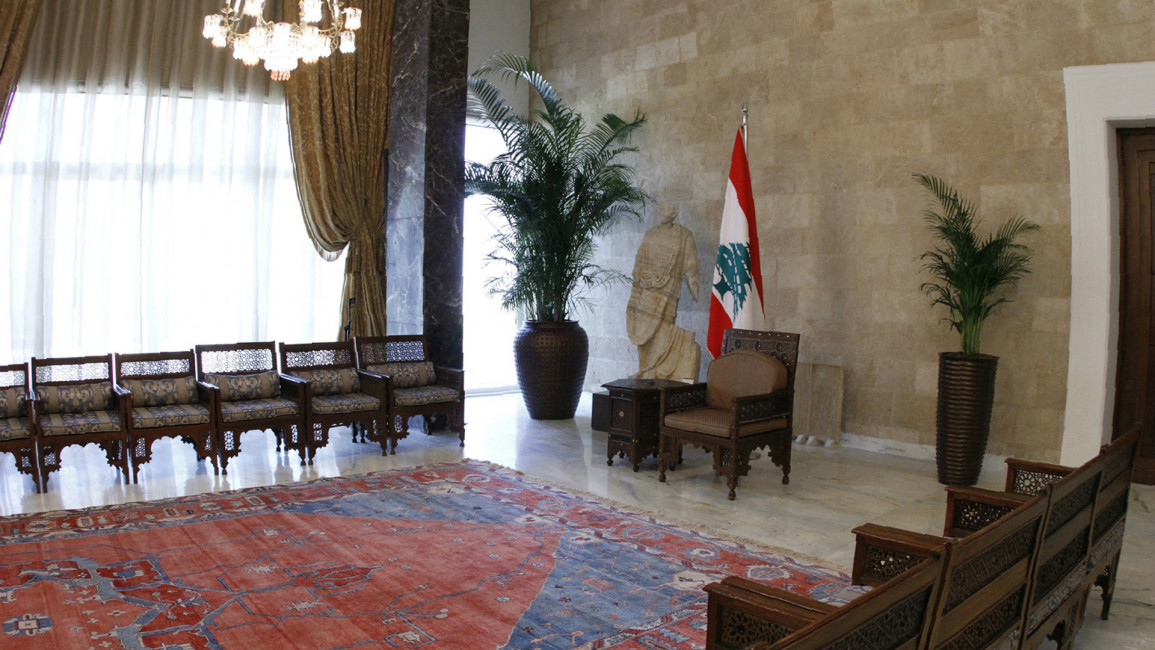
A guide to presidential elections in Lebanon
The post is always held by a Maronite Christian under a power-sharing agreement dating back to independence in 1943.
According to the same deal, the head of parliament is always a Shia Muslim and the prime minister a Sunni Muslim.
The president plays the role of a referee, but his power has been limited in a system based on a delicate balance between Lebanon's different communities.
| Read also: In-depth : Lebanon's next president: A 'temperamental' ex-general and Hizballah ally |
The vote
Speaker Nabih Berri has summoned lawmakers on October 31 for the vote, which will go ahead if a quorum of two-thirds is reached.
The 128-member legislature counts 127 lawmakers at the moment after one member resigned over the summer.
The successful candidate wins the vote with a majority of two-thirds in the first round, or with an absolute majority in the next rounds.
Powers curtailed
The only Christian head of state in the Arab world saw his powers curtailed after the 1989 Taef agreement to end the 1975-1990 civil war.
Under the accord, which sought to balance power between Lebanon's Christian and Muslim communities, the president can no longer appoint and dismiss the prime minister or dissolve parliament.
He names the premier after consulting parliament.
The president heads the armed forces, but these also come under the authority of the cabinet.
He negotiates international treaties along with the prime minister, but these also need approval from government.
He presides over cabinet meetings and can introduce an urgent matter to be discussed, but does not take part in any cabinet vote.
If the premier agrees, the president can convene an extraordinary cabinet meeting.
Forming a cabinet
Once elected, the president names a prime minister who is tasked with consulting Lebanon's different political parties to form a cabinet.
As the constitution does not specify a timeline for this, it took the best part of a year before Prime Minister Tamam Salam's cabinet was finally approved in March 2014.
But the parliament does have to hold a vote of confidence in the new cabinet within 30 days after the line-up is announced.



